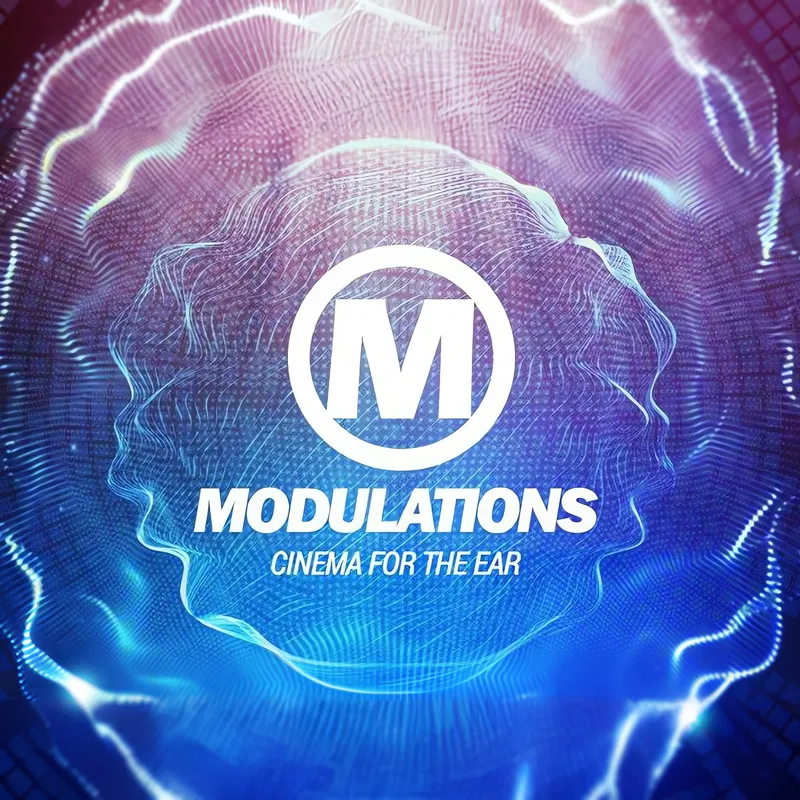Documentary: Modulations. Cinema for the ear

This documentary is one of the first attempts to comprehend of electronic music big bang in the 90s. Iara Lee, 32, recently meet with it when she was on The Orb live in mid 90s. “When are they going to start?” she asked her friend. “They’ve been on two hours. That’s them behind those consoles in the dark,” she got an answer.
A bit
avant-guard Modulations honoring sound artists of 30s, 50s, 70s mixes with a dynamic reel with interviews, concerts and footage all colours of house, techno, jungle,drum‘n’bass, hardcore and ambient music. This documentary about sound in electronic music. About that everyone can manipulate with sound—slow down, speed up, chop it up, filter by—and create something own. Modulations asking a ticklish question for musicians ego: sampling an old song or recording and editing noises or twisting standart synth presents—are you create something new with this or you just releasing old stuff but under your brand? “We were never musicians, we were just collage artists,” honestly answered Garry Cobain from FSOL.


